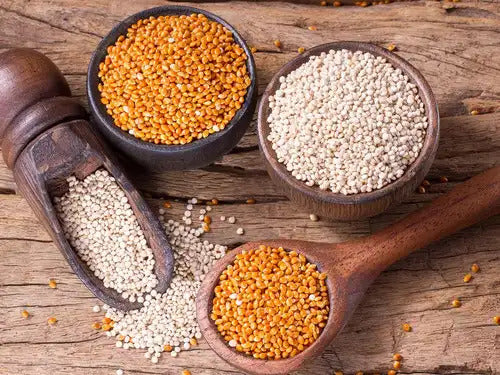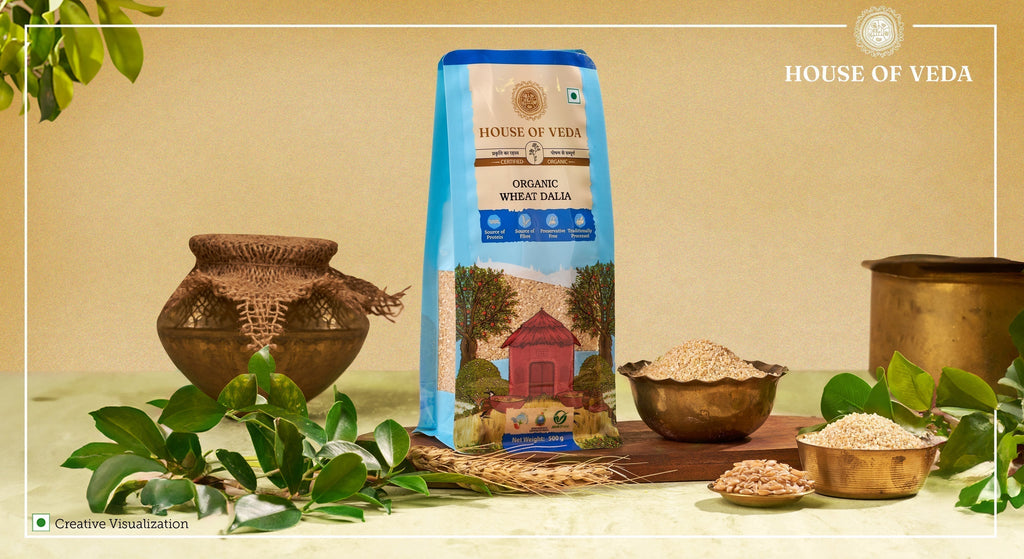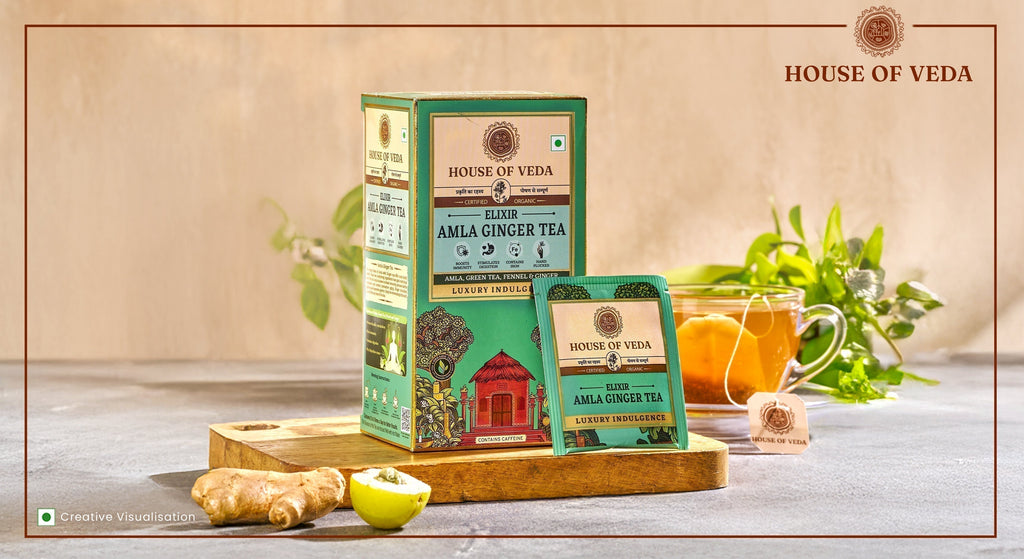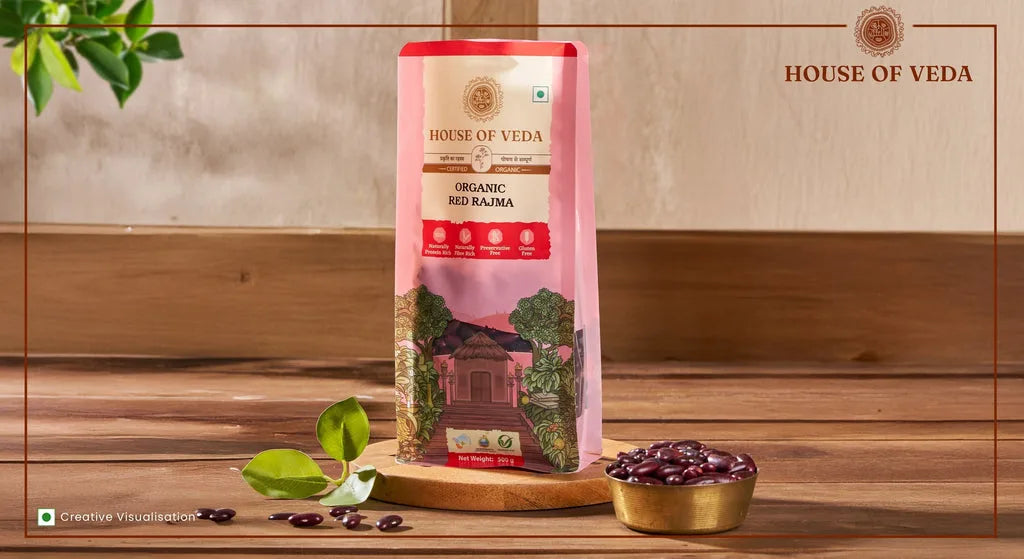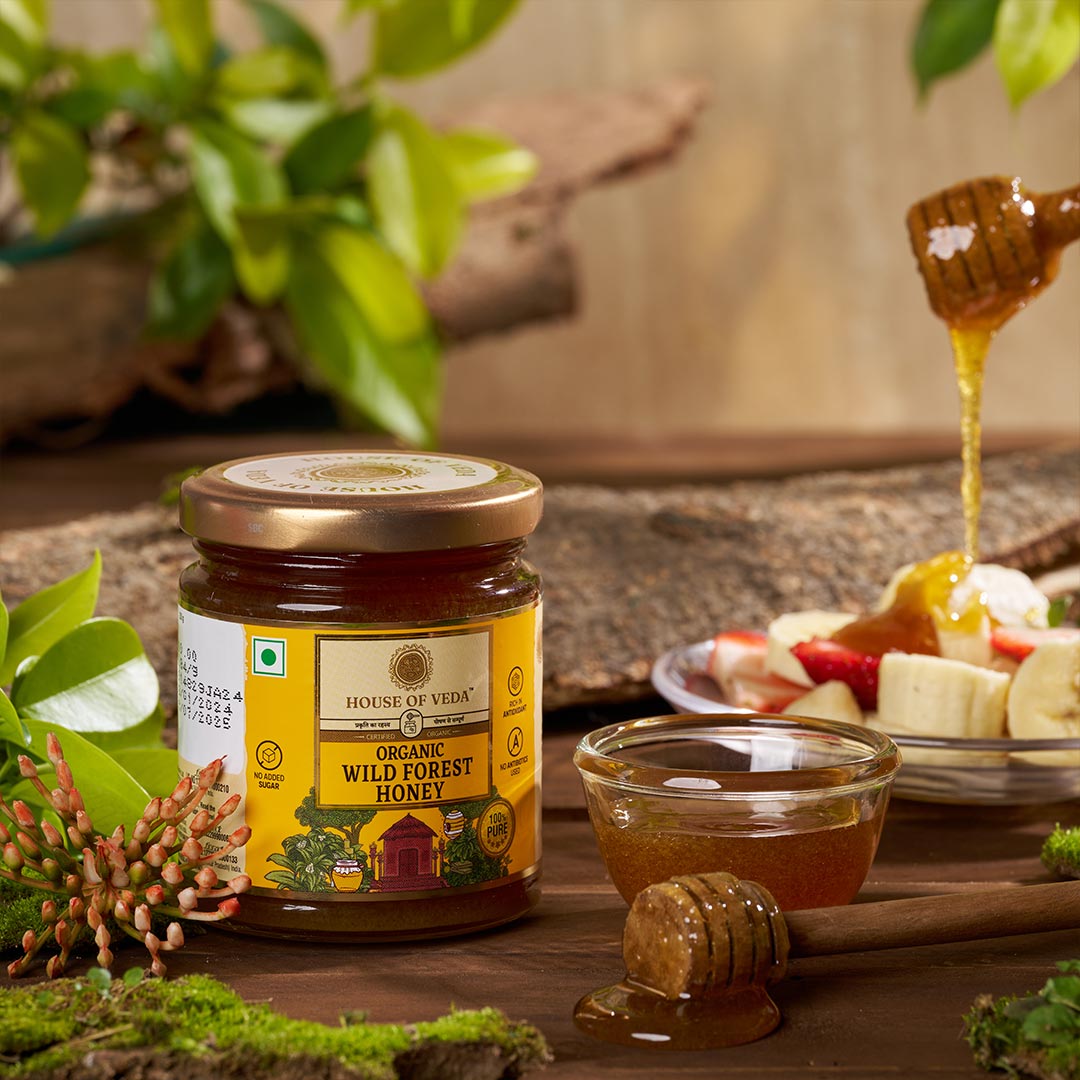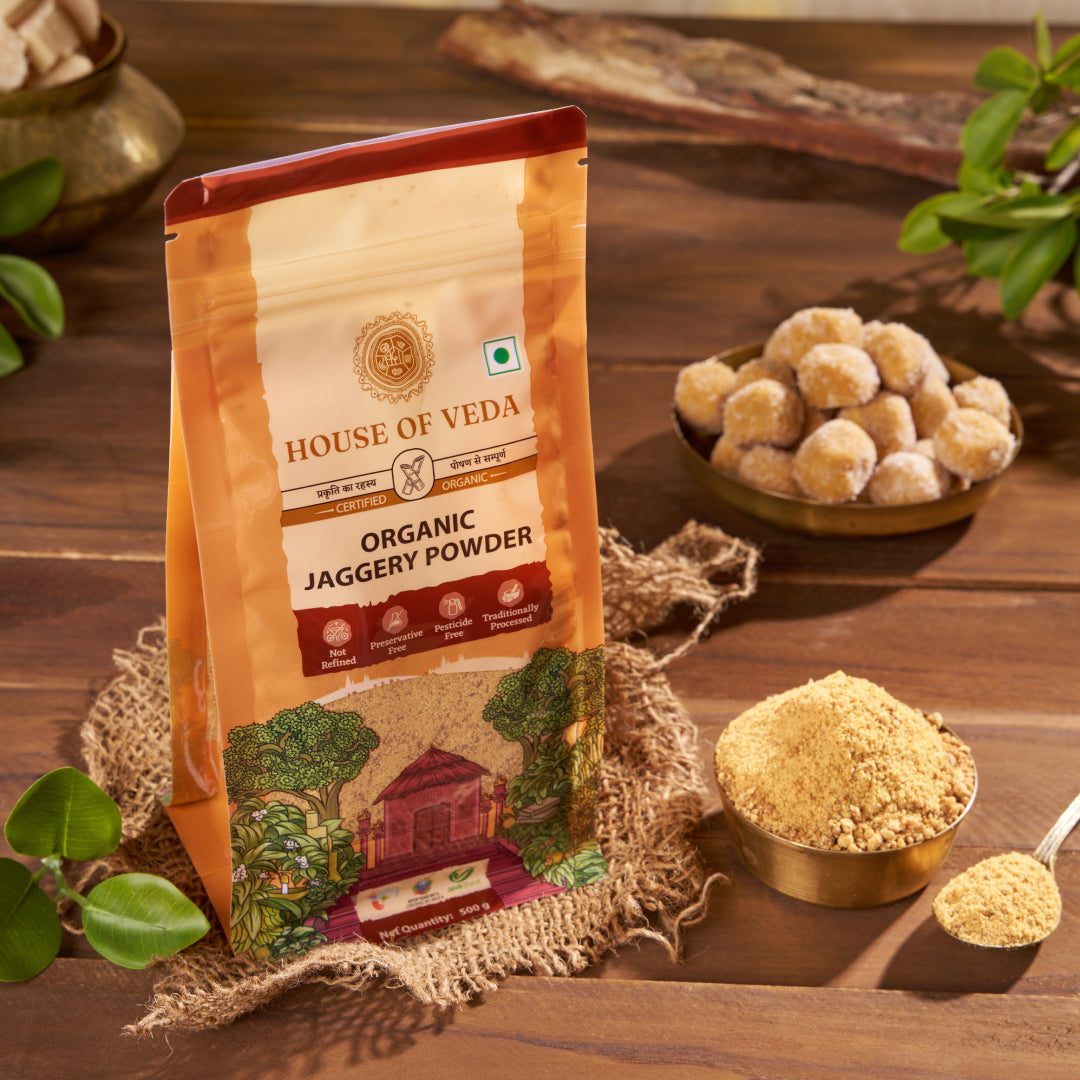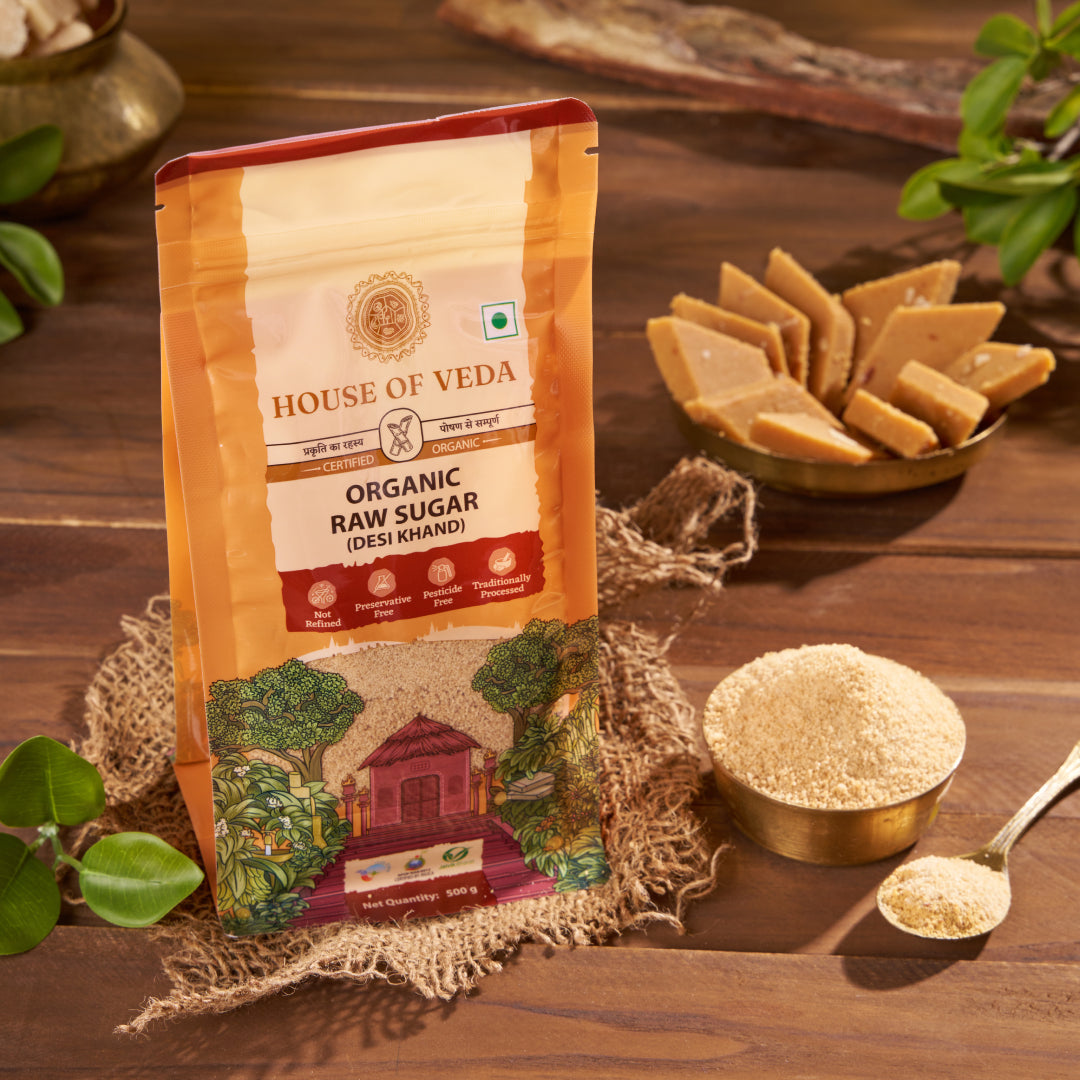
Significant Differences Between GMO and Organic

While browsing modern grocery stores and supermarket aisles, it has become common to find labels claiming the products as non-GMO or organic. However, more than picking a product seeing the label it is required, you must know the reason behind choosing one product over another.
Let’s start from the beginning.GMOs (genetically modified organisms) and organic farming are two methods of producing food that is often compared. GMO crops have been genetically engineered to deliver desired traits, while natural agriculture prohibits synthetic pesticides and fertilizers.
Here are some key differences and similarities between GMO and organic farming:
Consumer choice: Some consumers prefer organic food because they believe it is healthier and more environmentally friendly. Other consumers may choose GMO foods because they are more affordable and can help address food security issues. However, nothing is more important than health; you should always make wise decisions as a consumer. Brands like House of Veda have a range of Organic Pulses and Beans, sweeteners, and oils for your well-being.
Genetic modification: GMO crops have had their DNA modified in a laboratory to produce specific traits, such as resistance to pests or herbicides. On the other hand, organic farming relies on natural methods to grow crops without synthetic chemicals.
Safety: While there is some debate about the safety of genetically modified crops, they have been widely tested and regulated by government agencies. At the same time, the natural way of growing crops does not use synthetic chemicals and has the most negligible risks associated with food safety and contamination.
Cost: Food grown through a natural process is often more expensive than conventionally grown food due in part to the higher labor costs associated with organic farming. Genetically modified crops, on the other hand, can be less expensive to produce due to their resistance to pests and herbicides.
Sustainability: Farming without using chemicals is more sustainable than genetically modified organisms, as it promotes biodiversity and maintains soil health. GMO crops, on the other hand, are often grown in monoculture systems that can be damaging to the environment.
In conclusion, both GMO and chemical-free farming have their benefits and drawbacks, and ultimately it is up to consumers to decide which method they prefer. While genetically modified crops can be produced more efficiently and at a lower cost, organic farming promotes a healthy lifestyle, sustainability, and environmental stewardship.


